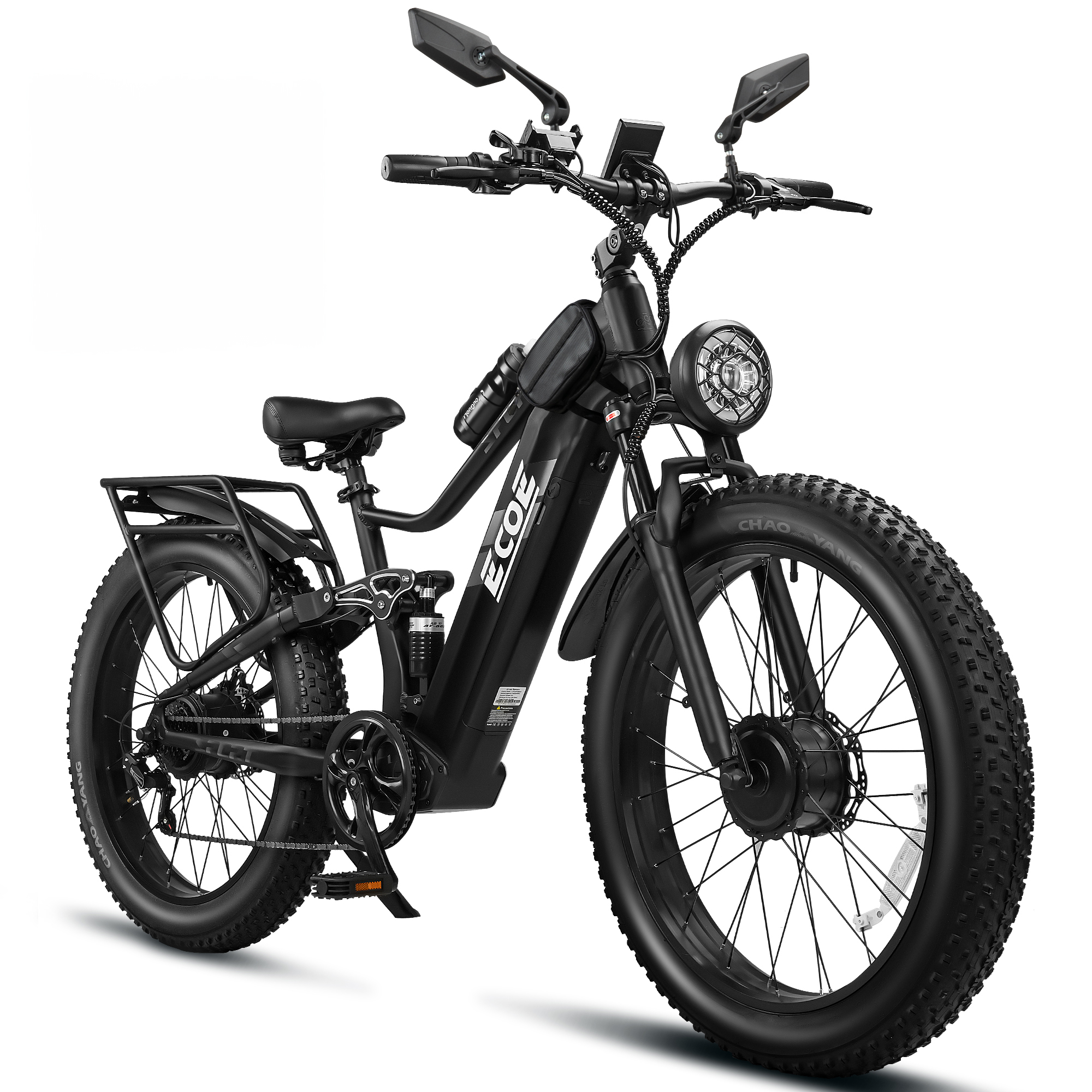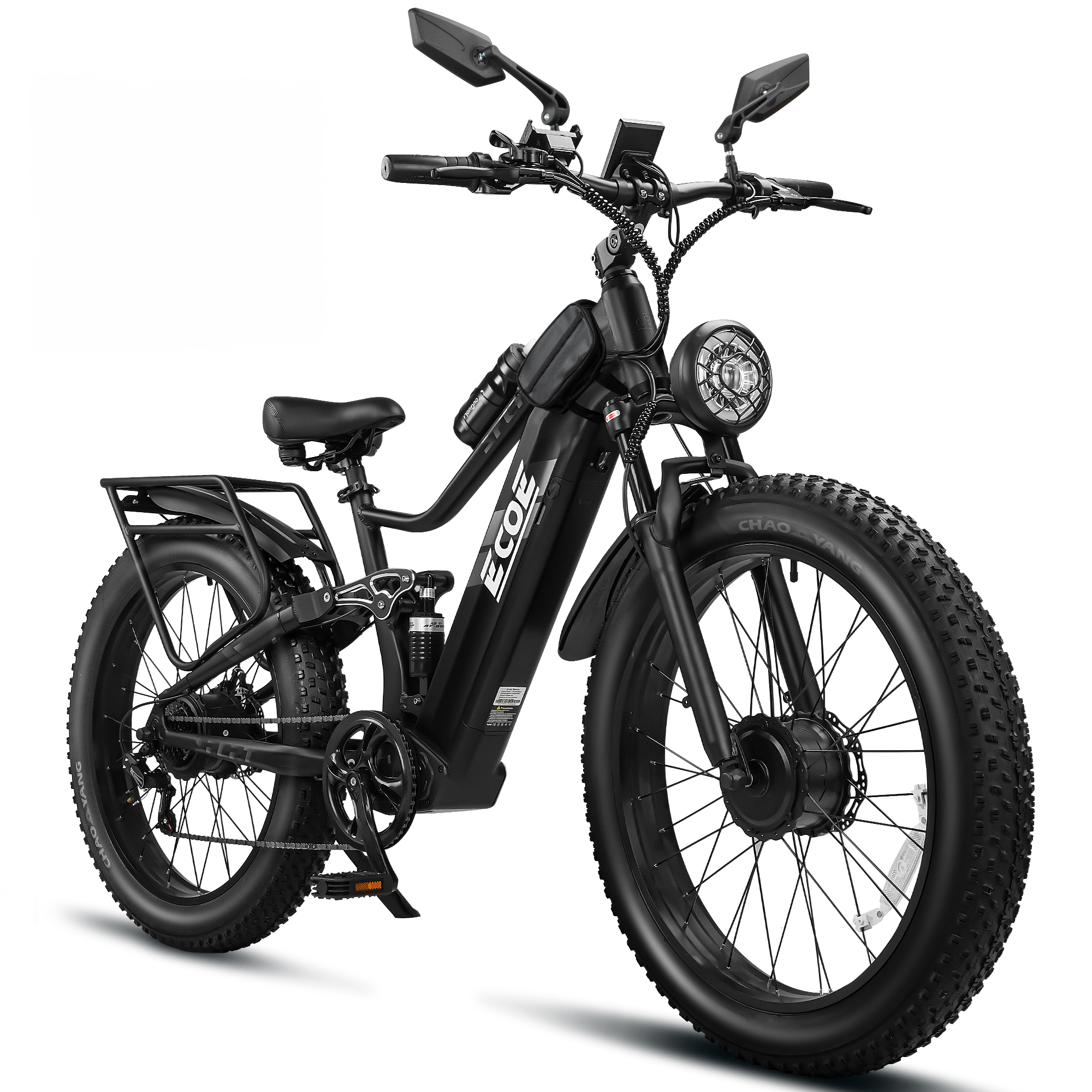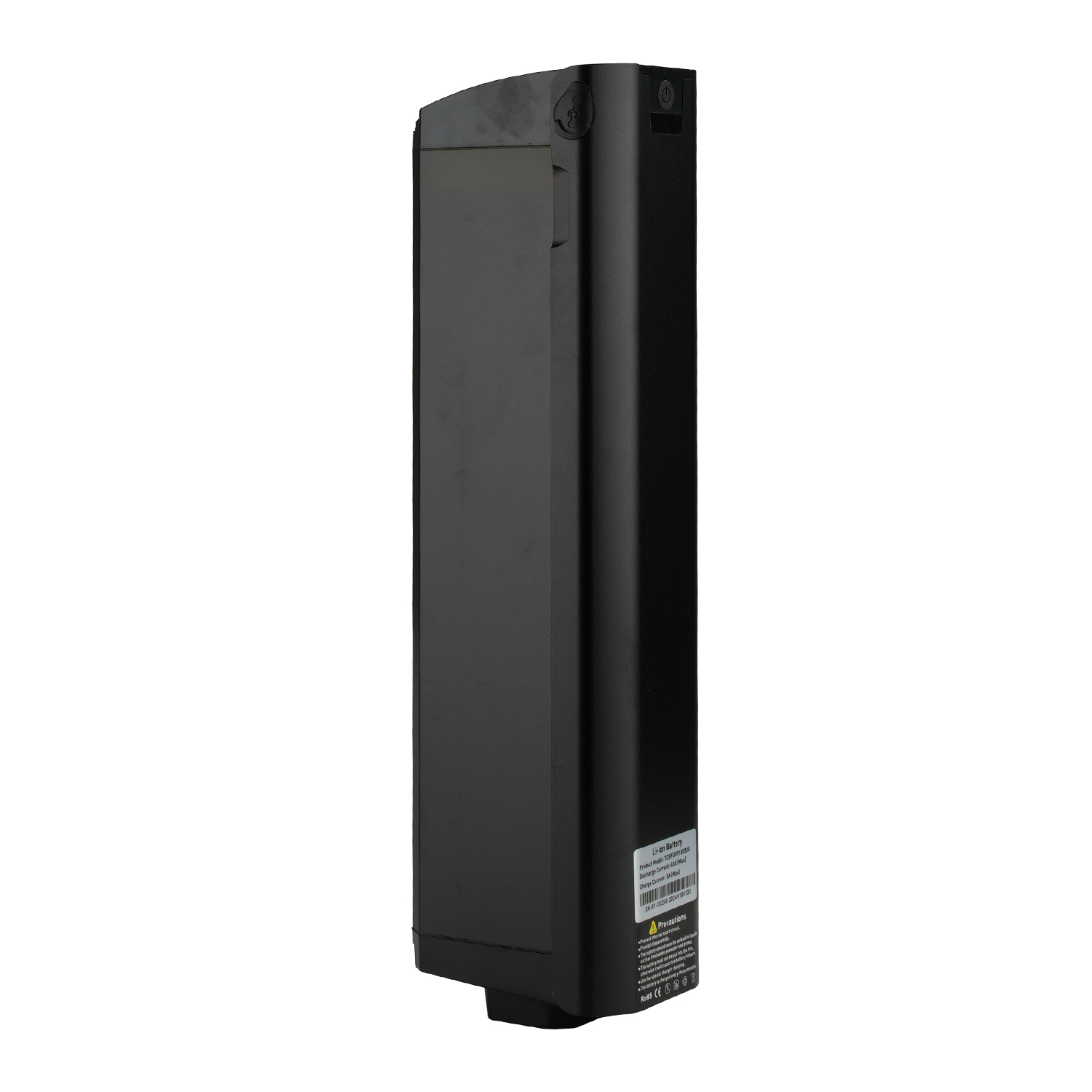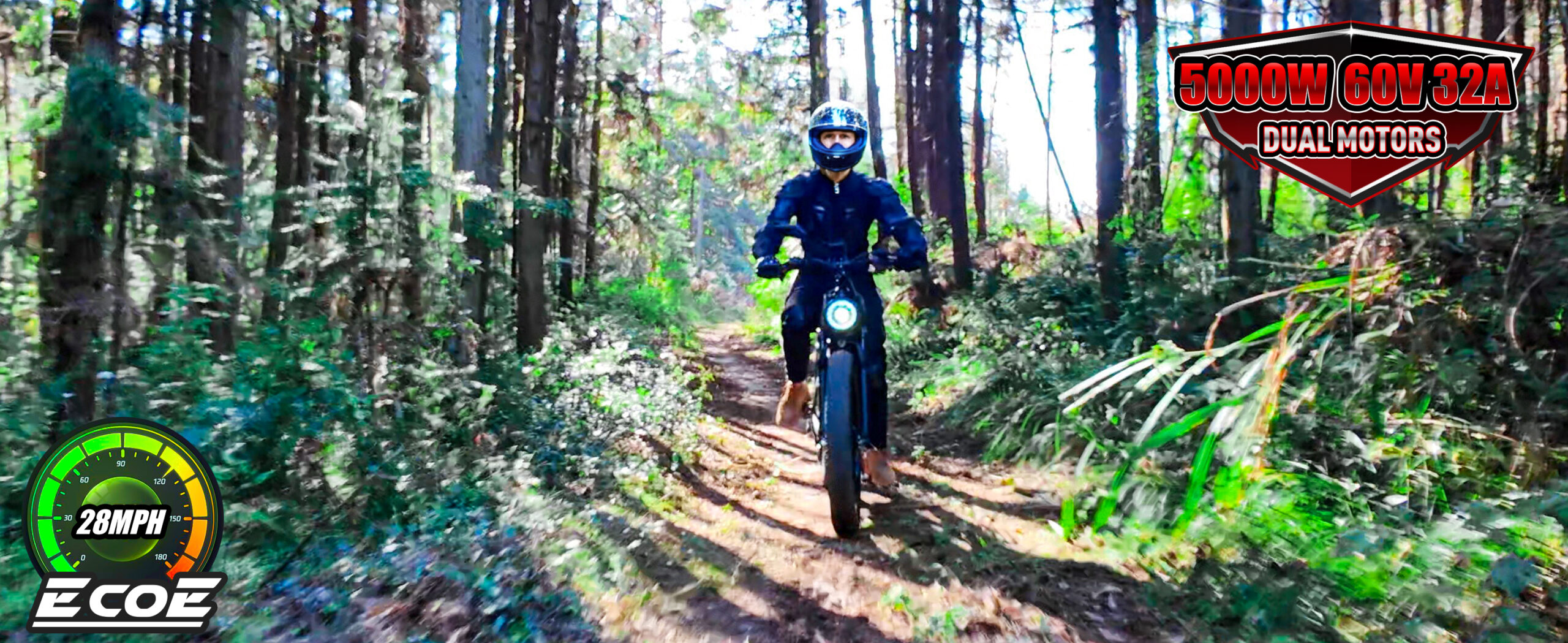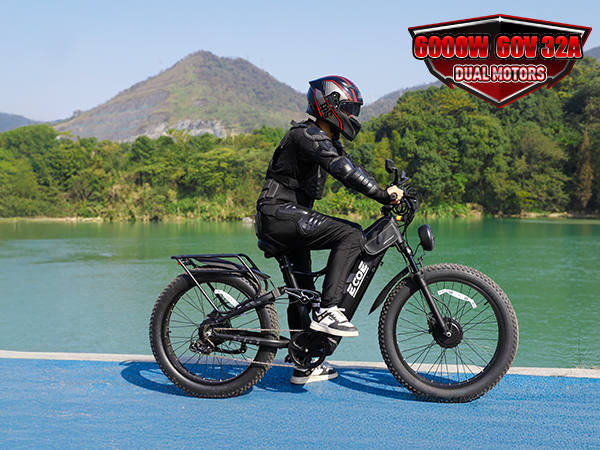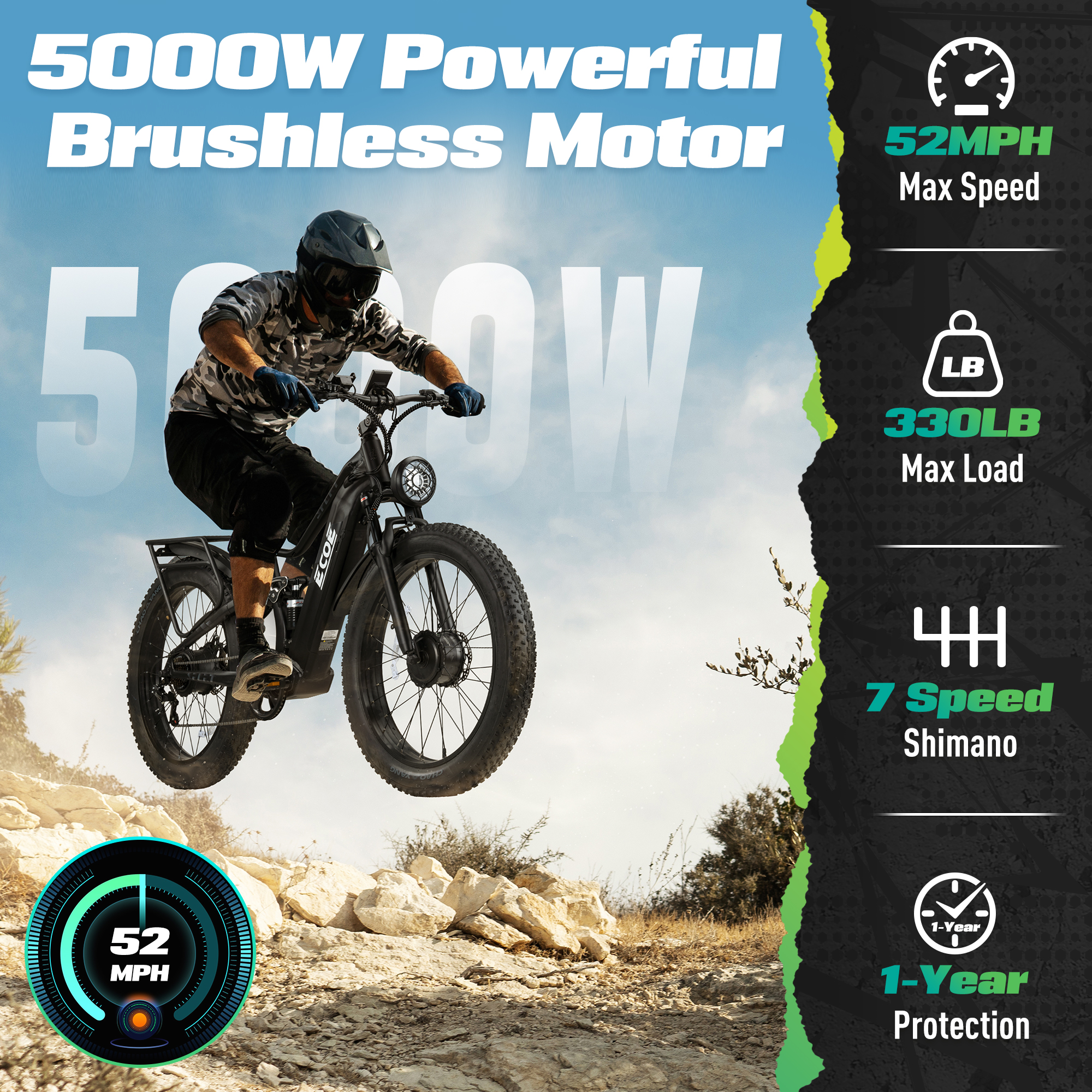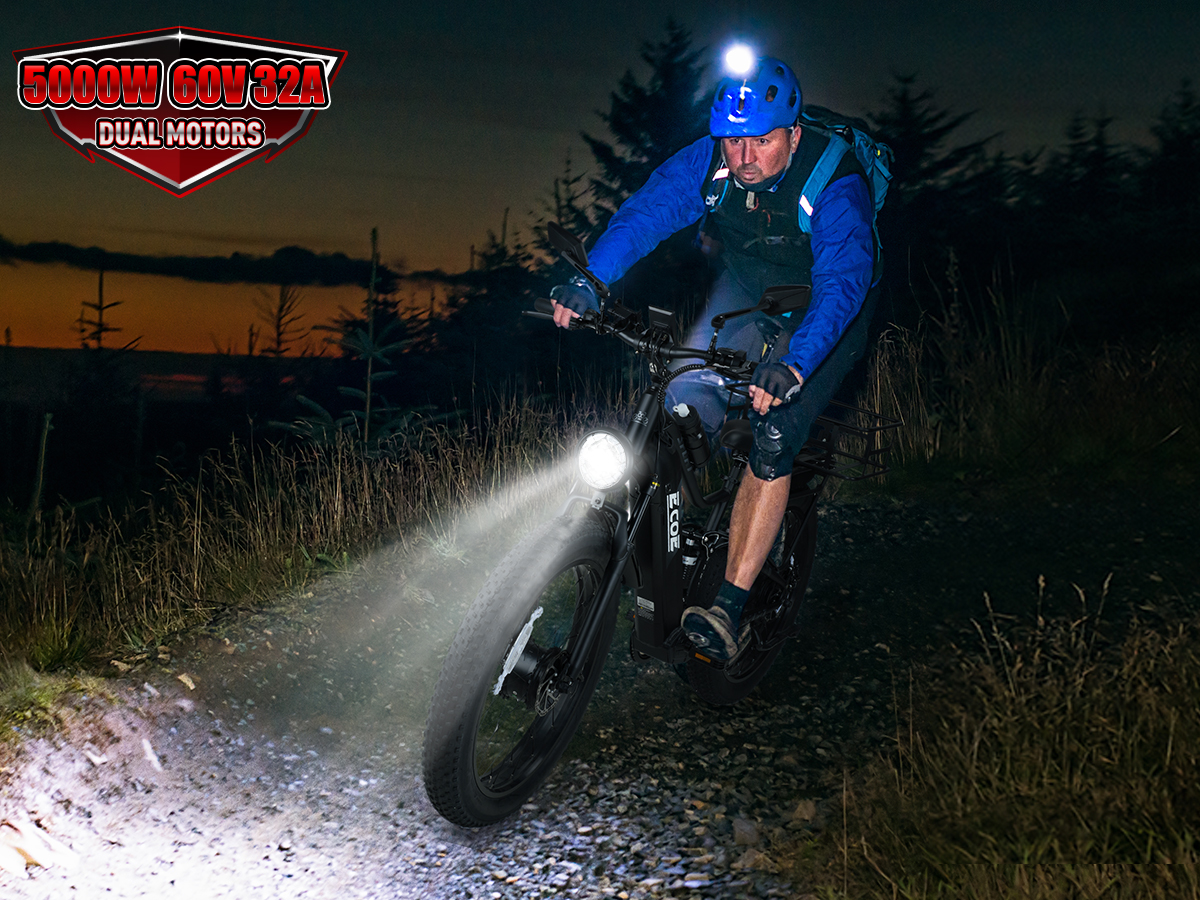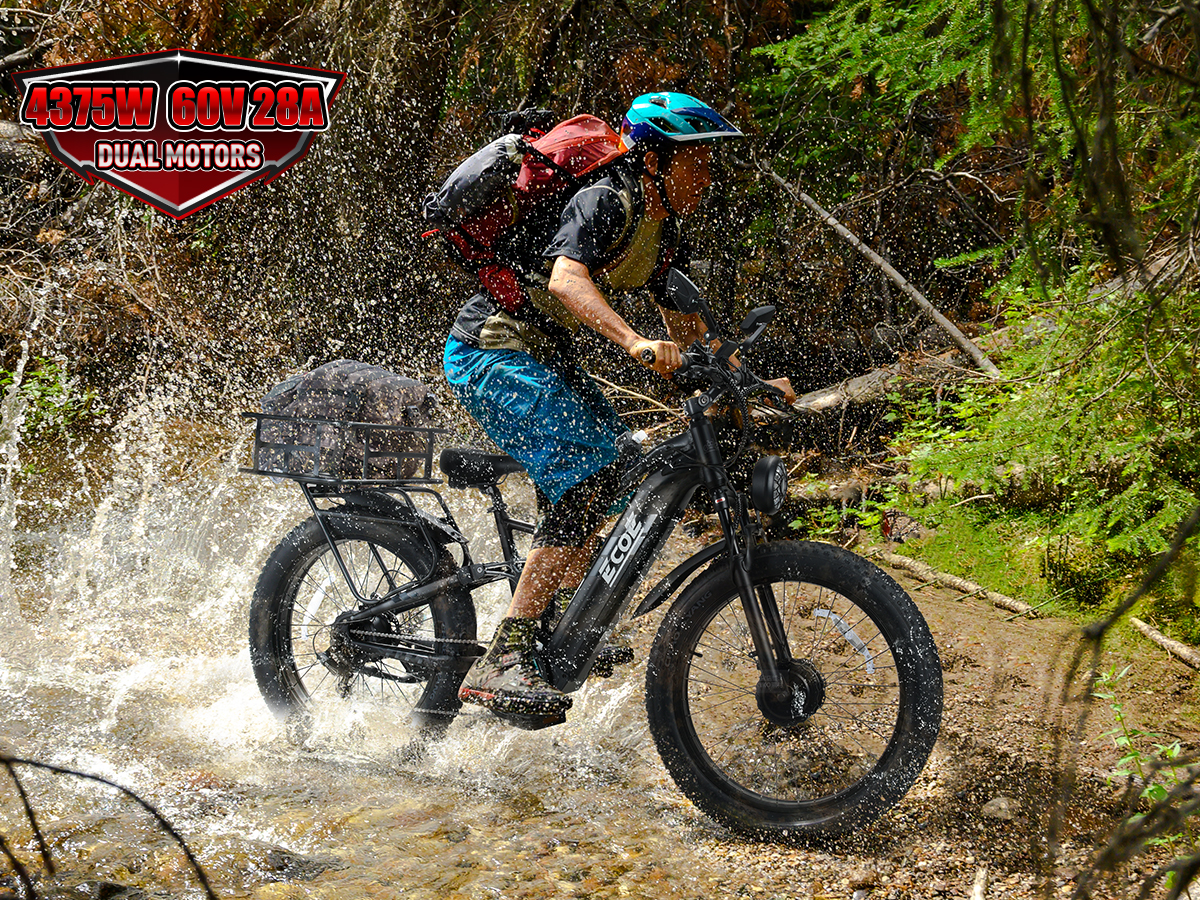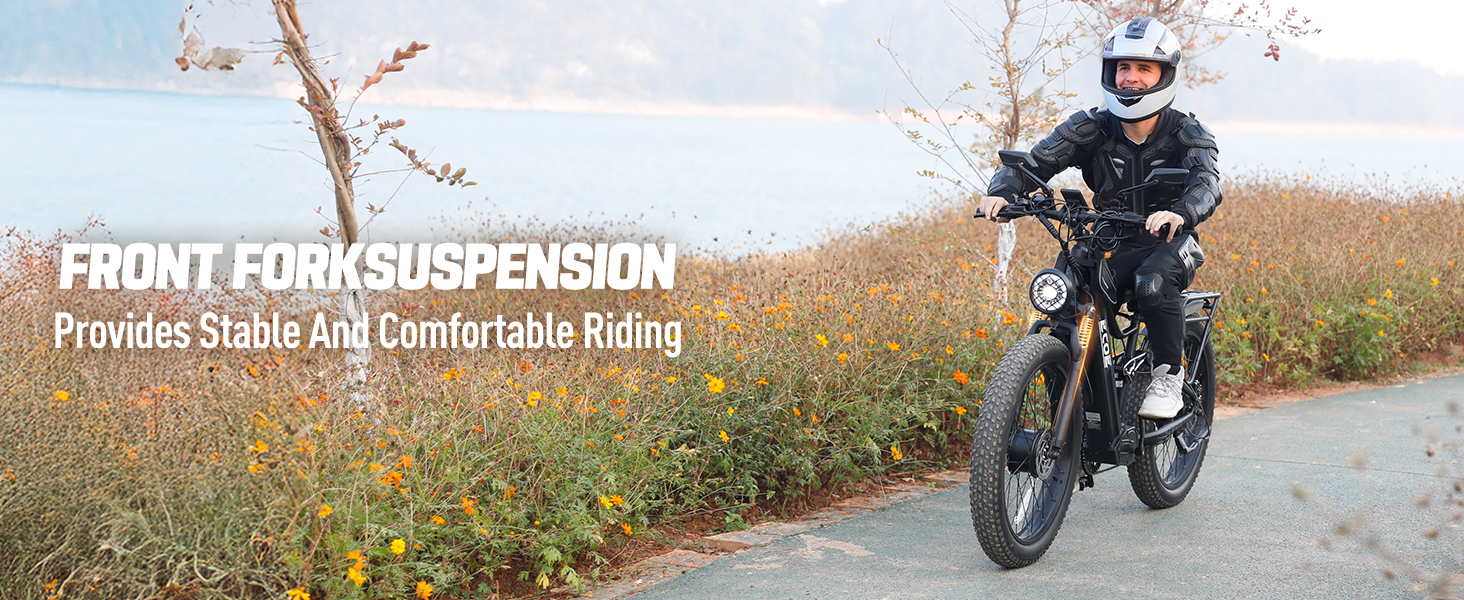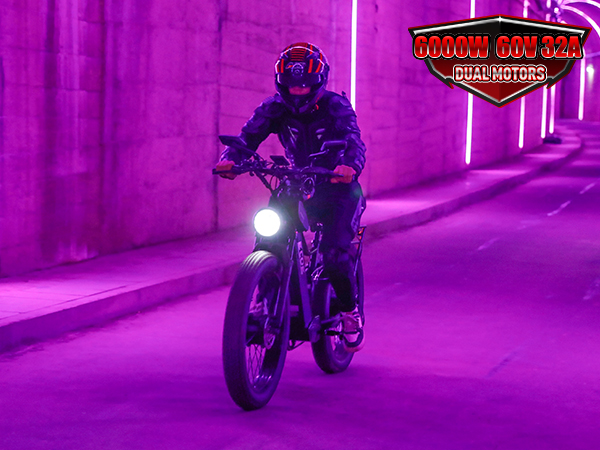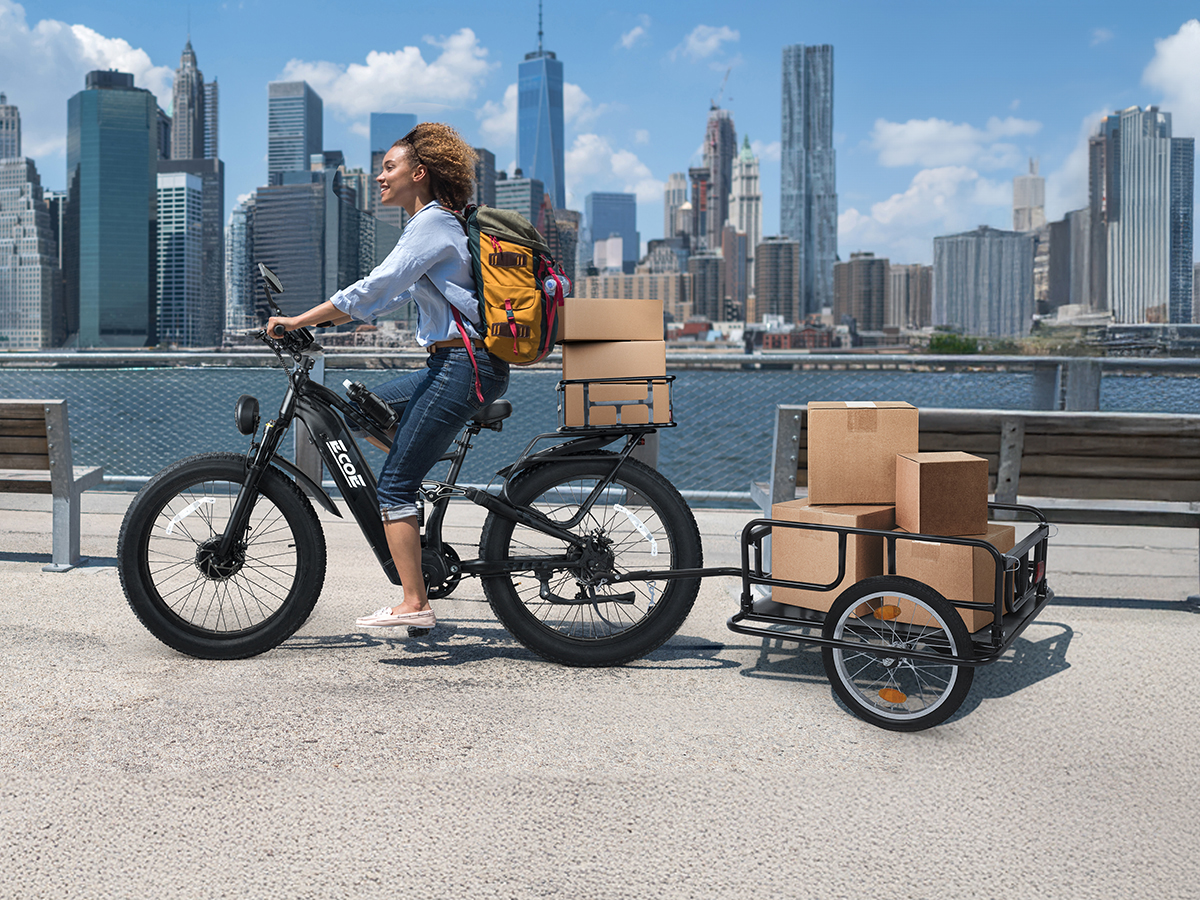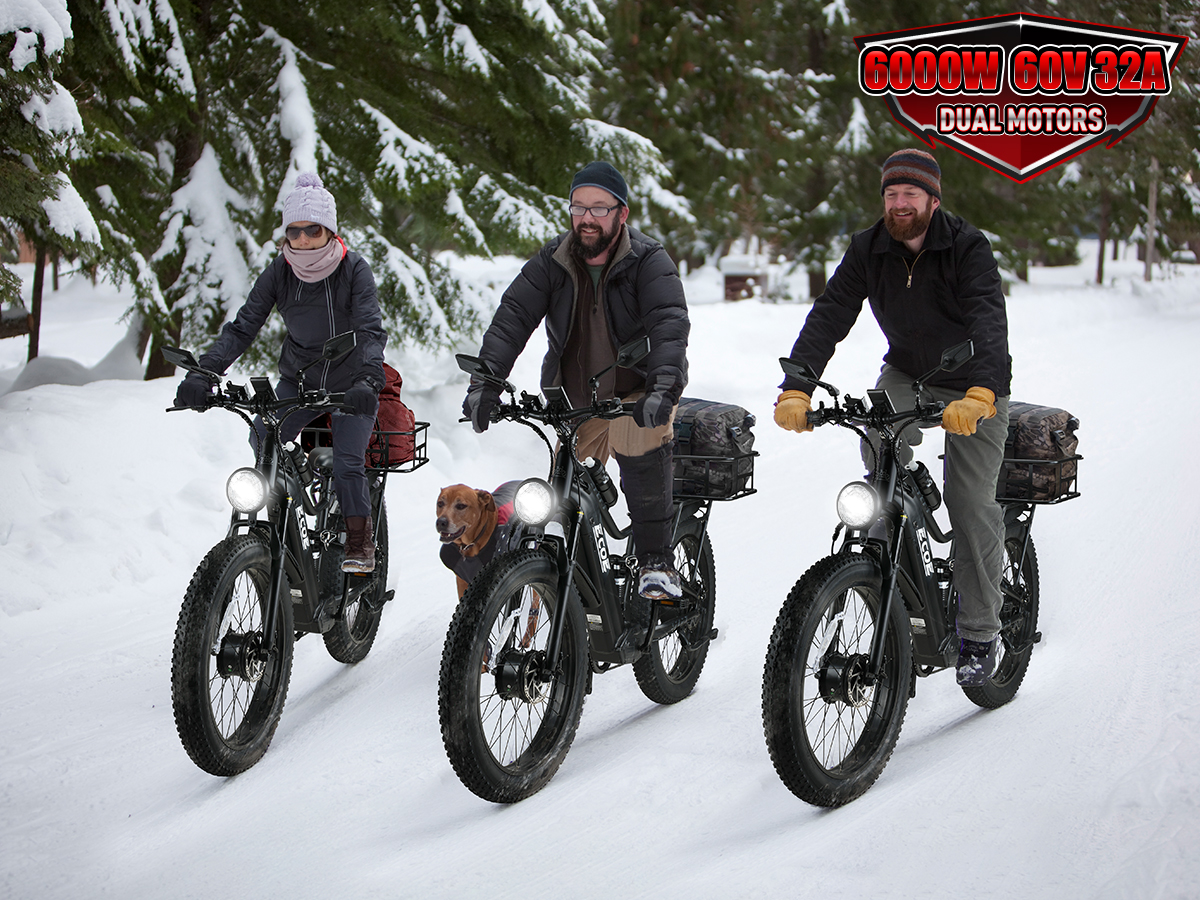Dec 20, 2024
What is the proper way to charge an eBike battery?
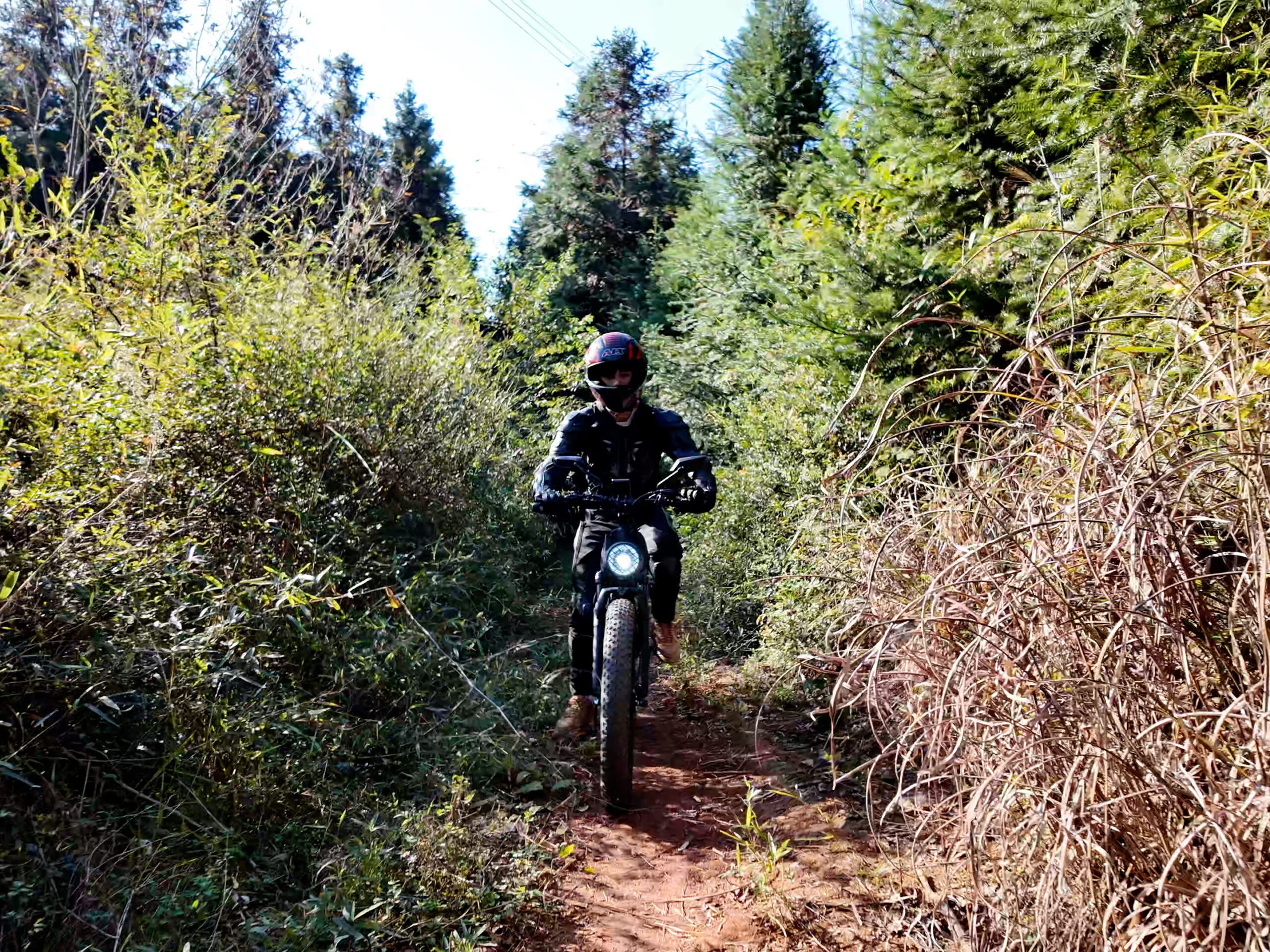
Hi, friends. Do you know that charging the battery of an electric bicycle is quite a sophisticated matter? If done properly, the battery will have a long service life and you can enjoy a worry-free ride. If not, it will cause a lot of trouble, not only affecting the endurance but also posing potential safety hazards. I myself have encountered many problems in this regard, and today I have also collected a great deal of experiences from netizens. Since I have some free time now, I’d like to chat with you about the correct way to charge the battery of an electric bicycle, so that our beloved bikes can always be “fully charged” and we can ride smoothly!
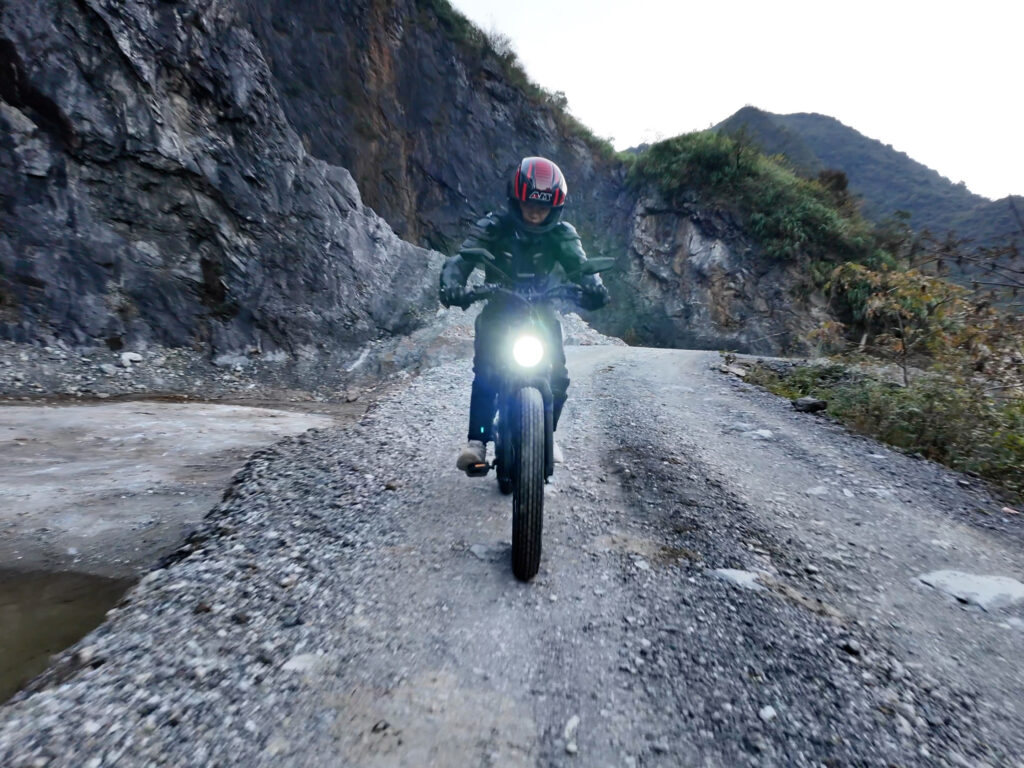
When it comes to charging the battery of an electric bicycle, I was really completely clueless at first. I only knew that it needed to be charged when it was out of power, but I had no idea how to do it correctly. It was like facing an extremely difficult math problem and having no clue about the solution. Once, I randomly plugged it into a socket to charge without considering anything else. Later, I found that the battery seemed to become less and less durable. I was really panicked and wondered if there was a problem with the charging method. Later, I started to think about it carefully and discovered that there were actually a lot of things to pay attention to.
Let’s first talk about the charging frequency. Some friends might think that it’s okay to just charge the battery when it’s out of power and don’t need to care too much about when to charge. But that’s not the case. My neighbor has an electric bicycle. He always waits until the battery power is extremely low to charge it, and sometimes he doesn’t ride it or charge it for several days. As a result, the battery’s endurance drops very quickly. I asked some experts and they said that the battery is like our body and needs to have regular “activities”. If it is always over-discharged or left unused and uncharged for a long time, the chemical reactions inside the battery will be affected. It’s just like when we always stay up late or don’t exercise for a long time, our physical functions will definitely deteriorate. So, even if you don’t ride it often, it’s better to charge the battery at regular intervals to keep it active.
I saw a netizen sharing his charging experience in an electric bicycle enthusiast group. He especially emphasized that the ambient temperature during charging is very important. He once charged his bike in a place directly exposed to the sun in the hot summer. Wow, the battery got so hot that it could almost fry an egg. He didn’t even dare to touch it. Later, he learned that charging in a high-temperature environment can cause great damage to the battery, just like a person will get exhausted when working in a high-temperature environment. Because high temperature will accelerate the chemical reactions inside the battery, leading to various problems such as water loss and plate aging. So now he has become smarter and always tries to find a cool and well-ventilated place to charge, such as a bike shed or a basement. He said that in this way, the battery can be charged “comfortably”, and he feels that the battery life has become longer than before.
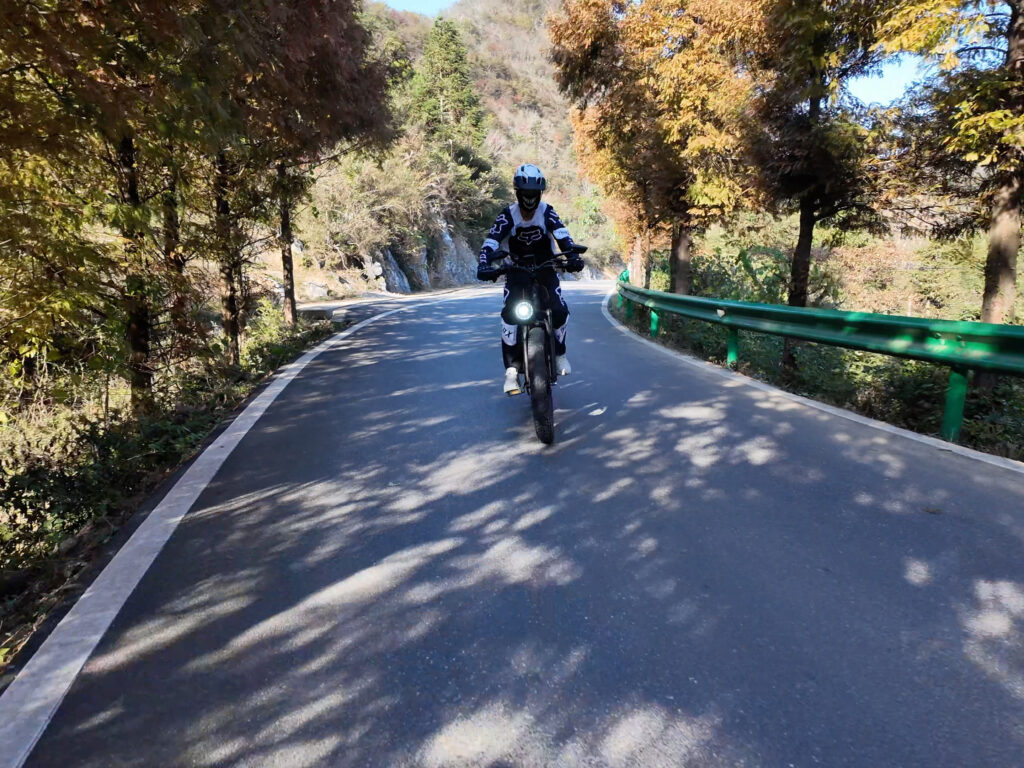
Not only high temperature, but also low temperature has an impact on charging. I myself had an experience of charging my bike outdoors in winter. The temperature was extremely low at that time. I found that the charging speed was as slow as a snail, and the charged electricity didn’t seem to last long. Later, I learned that low temperature will increase the resistance of the battery, reduce the charging efficiency, and may even form crystals on the battery plates, which will damage the battery. So in the cold winter, if possible, it’s better to bring the battery to a warm indoor place to charge and then install it back on the bike after it’s fully charged. It’s the same as we put a hand warmer on our mobile phone when charging it in winter, all to make them “work” at a suitable temperature.
Another crucial point is that the charging time shouldn’t be too long. I have a friend who is a typical “careless guy”. He charged his bike at night and slept until dawn, often overcharging the battery. Once, his battery bulged directly. He was so scared that he quickly ran to replace it with a new one, which cost him a lot of money. It’s like when we eat too much, our stomach can’t take it. Generally speaking, when the battery is fully charged, the charger should be unplugged in time. Don’t let it be “overfed” all the time.
So how do we know if the battery is fully charged? Now many electric bicycle chargers have indicator lights. They will change color or turn off when fully charged. At this time, it can be unplugged. But some chargers may not have such obvious prompts. Then you have to pay attention to the charging time yourself. The charging time of different capacity and type of batteries is different. For example, for a general lead-acid battery, the charging time may be about 6 – 8 hours, while for a lithium battery, it may be shorter, about 3 – 6 hours. But this is just a rough time. It still depends on the actual situation of the battery. I have a little trick. That is, set an alarm clock when charging and go to check if it’s fully charged around the right time. In this way, overcharging can be avoided.
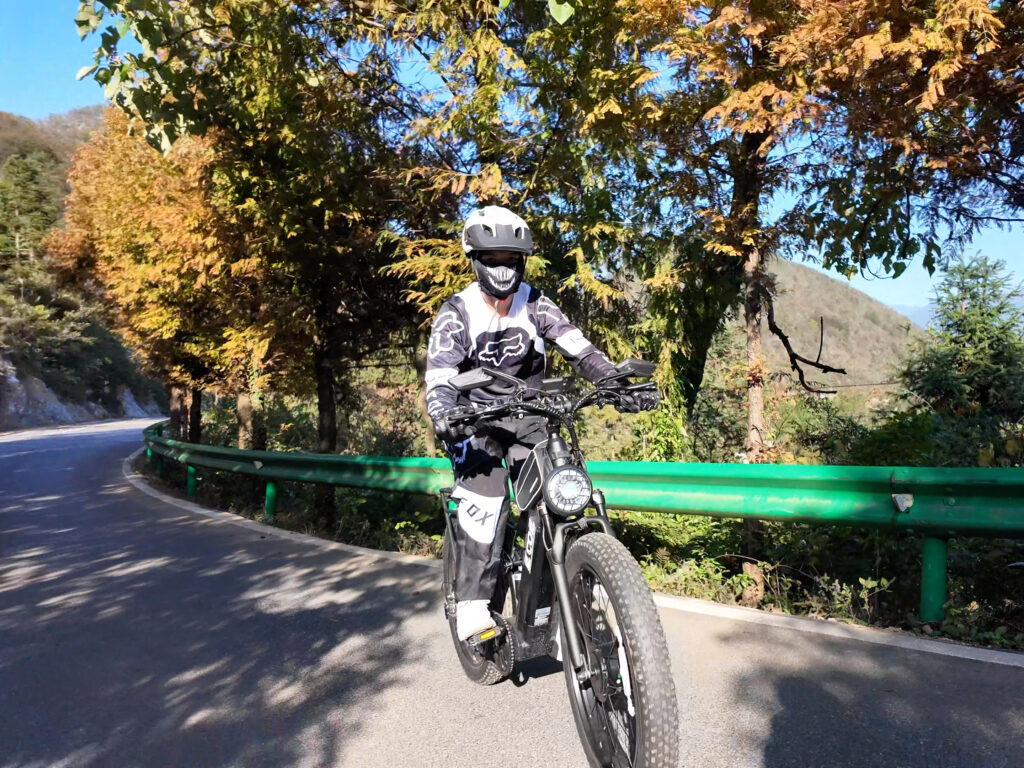
The choice of charger can’t be sloppy at all. I heard that a friend bought an unknown brand charger to charge his electric bicycle just to save a little money. As a result, the charging speed was extremely slow, and the battery always seemed not to be fully charged. Later, he learned that a poor-quality charger may not be able to provide a stable current and voltage. It’s just like using a low-quality charging head for a mobile phone. It not only charges slowly but may also damage the phone. So it is recommended that everyone use the original charger or a branded charger with reliable quality.
I myself have learned a lesson in this regard. My original charger was broken, so I randomly bought a cheap one from a roadside shop for emergency use. At the beginning, I thought it was okay. But after using it a few times, I found that the battery power was consumed very quickly, and sometimes the charging would be interrupted. I quickly threw away that poor-quality charger and replaced it with the original one. After that, the battery gradually returned to normal. This tells us that never try to save a little money at the cost of causing big trouble to the battery. A good charger is like a “personal nutritionist” for the battery, which can provide it with the right “nutrition” and keep it healthy.
In addition, the power level of the battery during use also affects the charging effect. I saw a netizen saying in a forum that if the battery is often used until it’s almost out of power before charging, it will cause great damage to the battery. Now he always tries to start charging when the battery power is about 20% – 30% left. It’s like we shouldn’t wait until we are extremely hungry to eat but should replenish energy in advance. He said that in this way, the battery’s endurance seems to last longer.
And it’s better to clean the battery surface before charging. Once I found that there was a lot of dust and dirt around the charging port of my battery. I wondered if it would affect the charging. Later, after checking the information, I learned that these dust and dirt may cause poor contact and affect the charging efficiency. So now I always use a clean cloth to wipe the battery surface before charging, especially near the charging port. In this way, the charging can be “unobstructed”. It’s the same as we clean the charging port of our mobile phone before charging.

I think that although charging the battery of an electric bicycle seems simple, there are actually many things to know. Only by mastering the correct charging method can our electric bicycles better accompany us. Imagine that every morning before you go out, you fully charge your electric bicycle and then ride it leisurely through the streets and alleys of the city. You don’t need to worry about the battery suddenly running out of power or being damaged due to improper charging. On weekends, you can also ride it to the suburbs for a ride, breathe fresh air and enjoy the beautiful natural scenery. But if the charging method is wrong, it may break down halfway, which would be really disappointing. So everyone must pay attention to this matter of charging and learn more about the little knowledge of charging to make our electric bicycle journey smoother!
Let’s talk about the choice of socket for charging. We can’t just use any socket randomly. We must choose a socket with good quality and reliable grounding. I have a friend. He charged his electric bicycle in an old house. The socket looked very old and worn. As a result, there were always sparks when charging. He was so scared that he quickly stopped charging. Later, it was found that it was the problem of the socket. Because the socket was aged and had poor contact, it led to unstable current. So when we charge, we should first check if the socket has any damage or looseness. If charging outdoors, it’s best to use a special outdoor waterproof socket. This can not only ensure charging safety but also prevent short circuits caused by rain and other reasons.
Also, don’t plug too many electrical appliances into the same socket when charging. I once saw at the entrance of a small shop that for convenience, they plugged the electric bicycle charger, an electric fan, a light and several other electrical appliances into one socket. It’s like a small table that can only bear a certain weight. If you pile a lot of things on it, it will definitely collapse. This will cause the socket to be overloaded and easily lead to safety accidents such as fire. So we should give the charger a “private space” so that it can charge the battery safely.
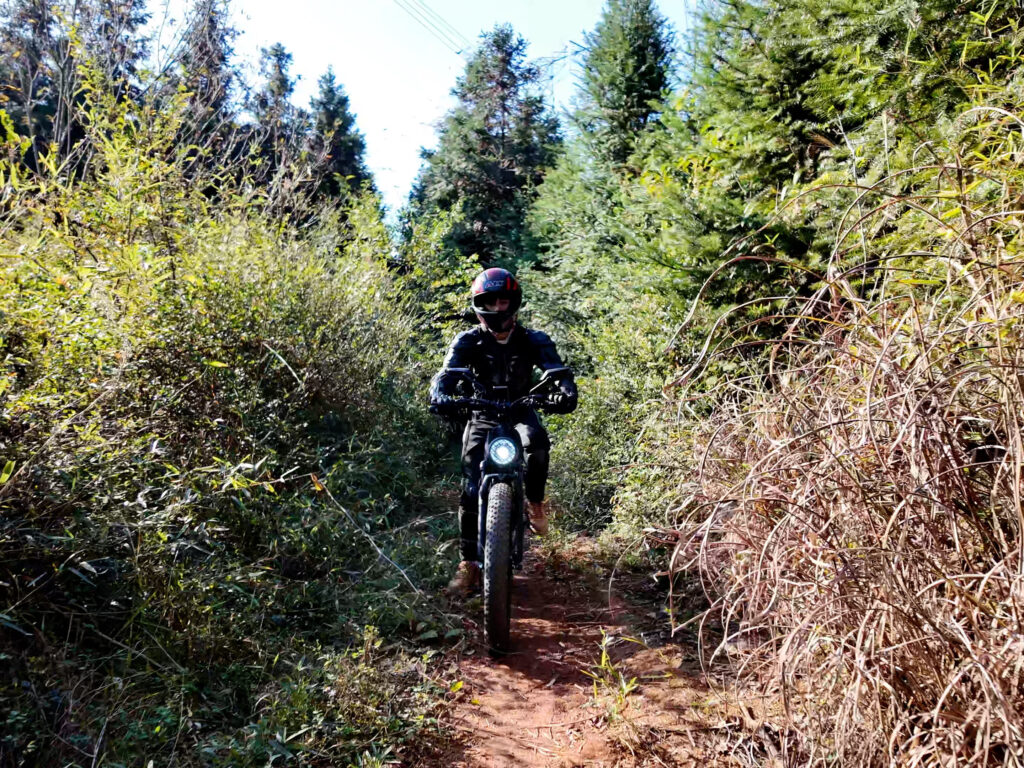
In addition, the storage of the battery also has a certain relationship with charging. If you don’t use the electric bicycle for a long time, such as going on a trip or a business trip for a while, what should we do with the battery? I learned that first, we should fully charge the battery and then conduct a supplementary charge every half a month or so. This can prevent the battery from self-discharging and causing power loss. And the place where the battery is stored should be dry and well-ventilated, and never be placed in a humid or high-temperature environment. I have a relative. He put the electric bicycle battery in a humid basement. After a while, the battery shell got rusty and the plates inside were corroded. The battery was basically scrapped. So we should find a “good place” for the battery so that it can be well taken care of when it’s resting.
During the charging process, if you find any abnormal situations of the battery, such as heating, smoking, emitting strange smells, etc., you must stop charging immediately and keep the battery away from flammable items. Then quickly contact professional maintenance personnel or the manufacturer’s customer service and let them check and handle it. Never blindly disassemble or repair the battery by yourself because there is high-voltage electricity inside the battery. It’s not a joke. It’s like when we are sick, if we are not doctors, we can’t take medicine randomly but should seek professional help.
In conclusion, charging the battery of an electric bicycle is something that we need to take seriously. From charging frequency, ambient temperature, charging time, charger choice, to power level, socket choice, battery storage and so on, every aspect is related to the battery life and our usage safety. Only by carefully understanding these knowledge and strictly following them in practical operation can we keep our electric bicycle batteries in good condition and provide reliable power support for our travel. Let’s become experts in charging electric bicycle batteries together, travel happily and ride without worry!
Leave a comment
Please note, comments need to be approved before they are published.
当前文章评论已关闭。

